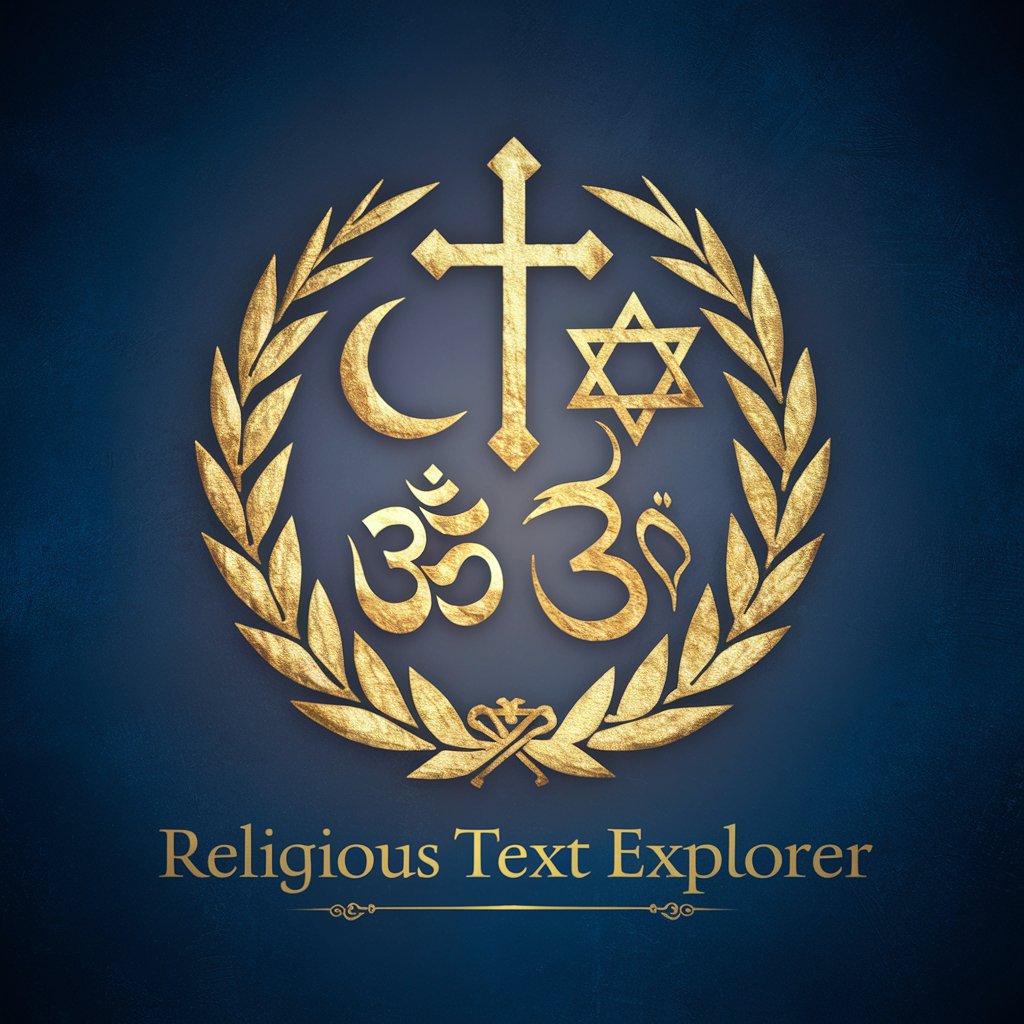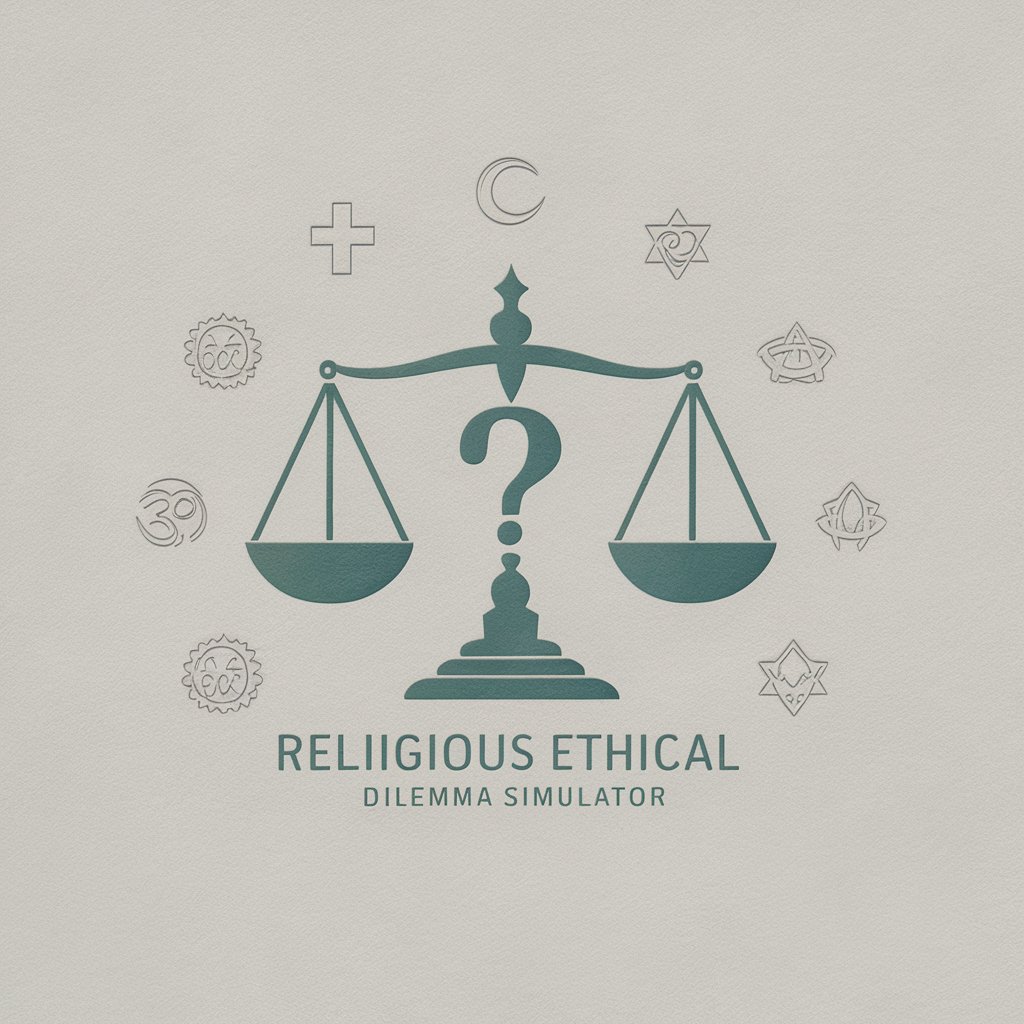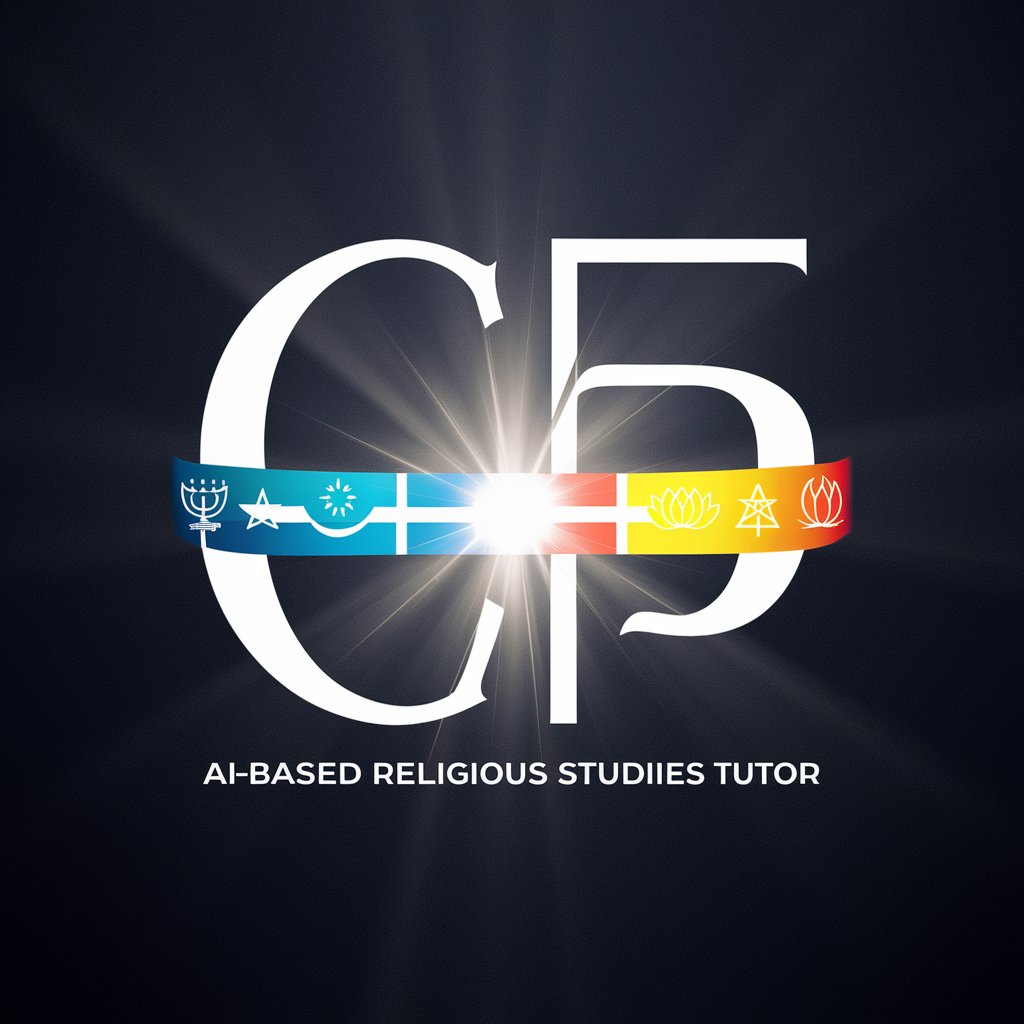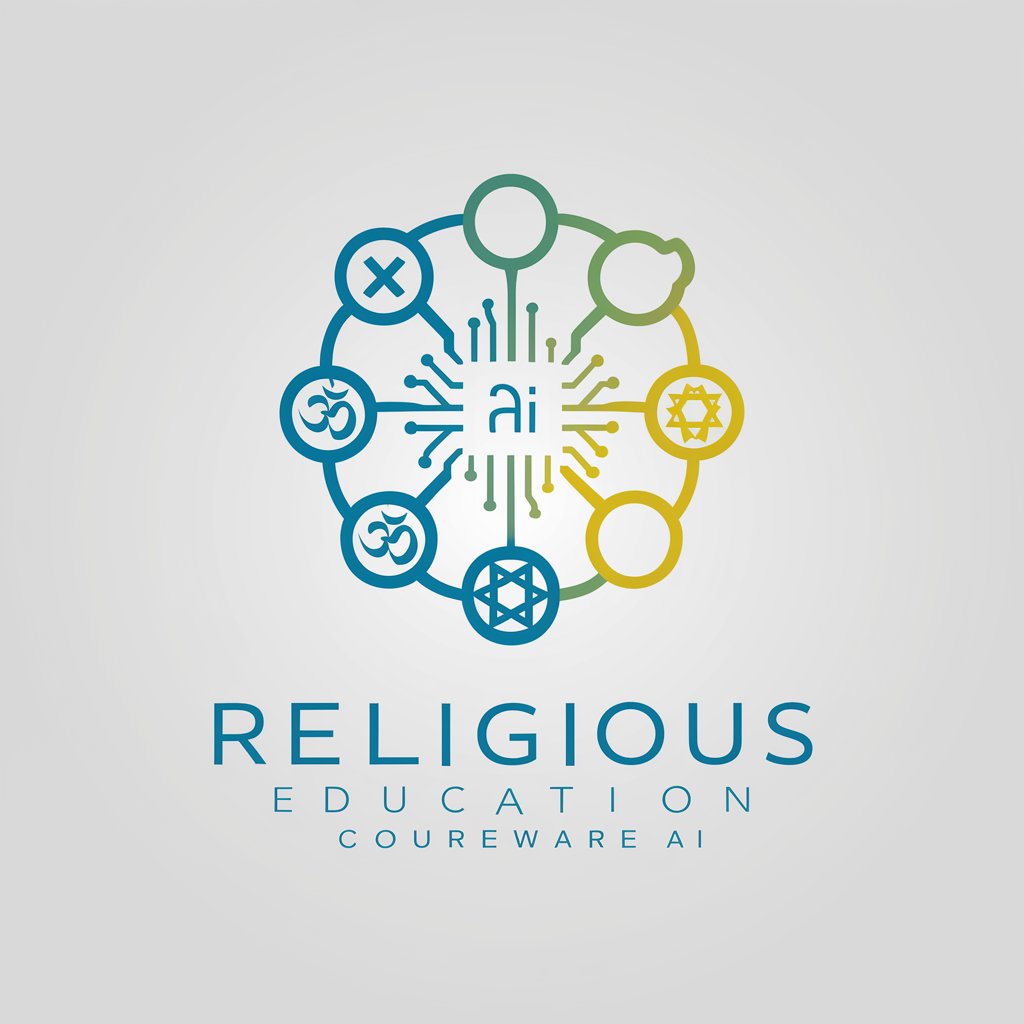Religious Text Explorer - AI-Powered Religious Study

Hello! Explore social themes in religious texts with me.
Explore Faith, Understand Life
What do different religious texts say about the concept of charity?
Can you provide examples of compassion in various religious scriptures?
How is the theme of justice addressed in major religions?
What are the views on greed across different religious texts?
Get Embed Code
Overview of Religious Text Explorer
Religious Text Explorer is designed to enhance understanding and facilitate discussion around social topics found within various religious texts. Its primary role is to identify and explicate themes such as charity, compassion, justice, fraud, jealousy, greed, and slavery across different faiths. This tool delves into scriptures like the Bible, Quran, Bhagavad Gita, and many others to extract and analyze discussions of these values, presenting them in a comparative religious context. For example, when exploring 'charity', Religious Text Explorer might cite the Parable of the Good Samaritan from the Christian Bible, link it to Zakat in Islam, and compare these with Dana in Hinduism, illustrating how different texts address a common virtue. Powered by ChatGPT-4o。

Core Functions of Religious Text Explorer
Thematic Analysis
Example
Analyzing the concept of 'justice' across texts, it highlights verses like Amos 5:24 from the Bible, Surah An-Nisa 4:135 from the Quran, and Shlokas from the Bhagavad Gita Chapter 2.
Scenario
Used by an educator preparing a lesson on the moral foundations of law in different cultures, facilitating a deeper understanding and cross-cultural dialogue among students.
Comparative Studies
Example
Compares the teachings on 'greed' by presenting Buddhist teachings through Dhammapada verses alongside Biblical proverbs and Islamic hadiths.
Scenario
A scholar writing a paper on the role of greed in societal collapse uses this tool to compile perspectives from various religions to support a thesis on universal ethical principles.
Contextual Insights
Example
Explores the historical and cultural context behind 'slavery' in the scriptures, detailing passages from the Book of Exodus and the Islamic Hadiths.
Scenario
A community discussion leader uses these insights to facilitate a session on understanding historical contexts of slavery, helping participants discern the evolution of moral thought through time.
Target Users of Religious Text Explorer
Academics and Scholars
University professors, students, or researchers in theology, religious studies, or comparative religion who require detailed analyses and references from sacred texts for academic papers, theses, or lectures.
Educators and Trainers
School teachers or workshop leaders who develop curriculum or workshops that include interfaith dialogue, ethical discussions, or the exploration of moral values across different religions.
Writers and Content Creators
Authors and bloggers focusing on religious content, ethics, or cultural studies who need comprehensive, accurate religious text references to enhance their narratives or arguments.
Interfaith Dialogue Participants
Individuals involved in interfaith dialogues who utilize comparative studies to foster understanding and respect among diverse religious groups.

How to Use Religious Text Explorer
Initial Access
Visit yeschat.ai to access a free trial of Religious Text Explorer without needing to log in or subscribe to ChatGPT Plus.
Select Topic
Choose a specific social topic or theme such as charity, justice, or compassion that you wish to explore across various religious texts.
Browse Texts
Utilize the provided search and filter tools to navigate through the extensive database of religious texts from multiple traditions.
Study References
Read the verses and their interpretations related to your chosen topic. Note the comparisons and contrasts between different religious perspectives.
Engage Further
Use the provided references to delve deeper into studies or discussions, and utilize the tool’s suggestion feature to explore other related religious themes.
Try other advanced and practical GPTs
Religious Ethical Dilemma Simulator
Explore Ethical Dilemmas with AI

GCSE Religious Studies Tutor
Empower your religious studies with AI

Wine Advisor
Expert Wine Pairing at Your Fingertips

Brainstorm med Far-jokes
Innovating humor with AI and Danish wit.

BlackLight Transform
Illuminate your photos with AI

Fourier Transform Grapher
Visualize Fourier Transforms Instantly

Religious Education Courseware
Explore Faiths with AI-Powered Insights

SEO Coach
Optimize with AI-Powered Insights

Leadership Coach
Empowering Leaders with AI

English Coach
Enhance Your English with AI

Career Coach
Empower Your Career with AI

Relationship Coach
Your AI-powered Relationship Guru

Detailed Q&A on Religious Text Explorer
What makes Religious Text Explorer unique among religious study tools?
Religious Text Explorer uniquely focuses on identifying social topics within religious texts, providing comparative insights across various beliefs, and aiding in the understanding of complex themes through AI-powered analysis.
Can Religious Text Explorer help with academic research?
Yes, it's particularly useful for scholars studying comparative religion or social ethics, as it offers detailed references and analyses of themes like justice or charity across different religious scriptures.
Is Religious Text Explorer suitable for casual learning?
Absolutely, whether you're curious about religious teachings on specific societal issues or seeking personal spiritual growth, this tool offers accessible and detailed explorations of diverse religious texts.
How does Religious Text Explorer handle different religious viewpoints?
The tool is designed to be non-partisan and respectful, presenting texts and interpretations from a wide range of religious traditions to facilitate a balanced understanding of each topic.
Does Religious Text Explorer suggest further readings?
Yes, after exploring a topic, the tool suggests additional texts and themes for further study, encouraging deeper engagement and continued learning.
